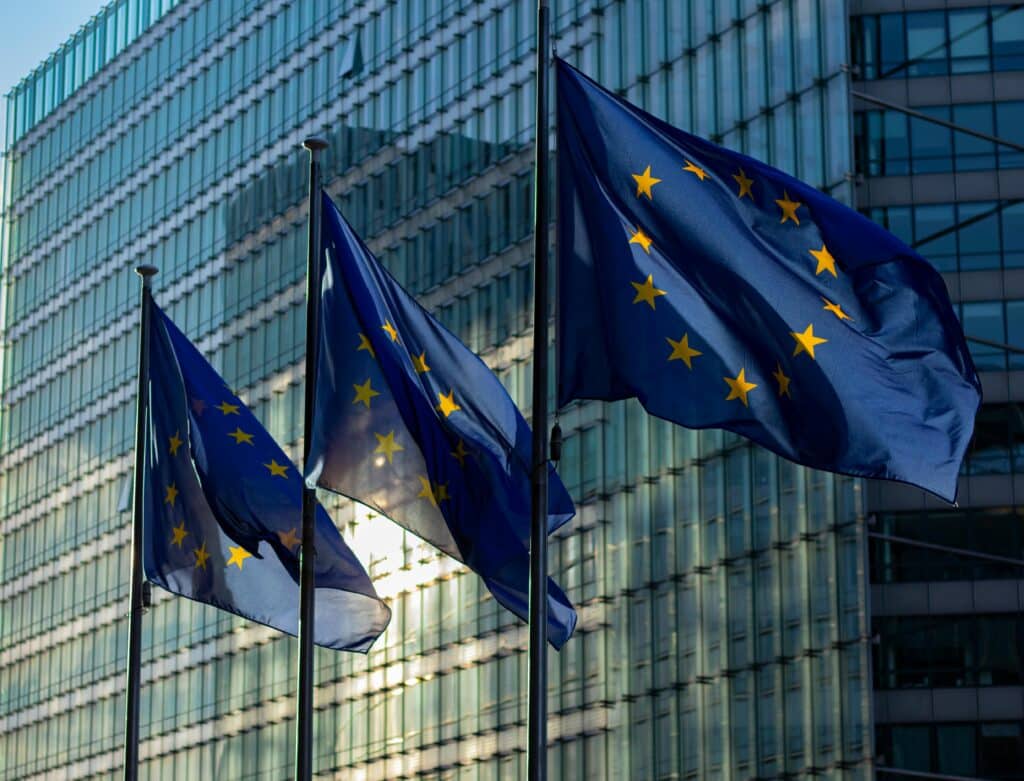Blue Book Traineeships | Work In The EU Commission

Introduction
Would you like to work in the European Commission? Discover the Blue Book traineeships, an EU initiative to give young Europeans the opportunity to practice in various areas of work in the European Parliament.
Twice a year, the Commission offers 5-month paid traineeship. There are two types of internships:
- one focused on administration
- one focused on translation
Blue Book Traineeships are available to anyone eligible, regardless of nationality, gender, race, religion, disability, age, or sexual orientation.
Interns work in various locations, including Brussels and Luxembourg, on different tasks depending on the assigned service.
Potential career paths afterward can differ based on the specific entity.
Find out how to apply for these great opportunities by continuing to read the article!
The tasks of an intern
During a traineeship at the European Union, trainees have the opportunity to develop their skills, learned during their studies.
The tasks of the trainees vary depending on the role for which they were hired. Mainly we can summarise the daily tasks in the following points:
- Participating in and arranging meetings, work sessions, and public discussions
- Researching, writing, and reviewing documents such as reports and surveys
- Responding to questions from citizens
- Assisting in project management
- Translating, reviewing translations, or researching terminology
The condition of the programme
Internships have a duration of 5 months and are paid. There are two periods in which they begin:
- Beginning of March to the end of July
- Beginning of October to the end of February the following year
The living allowance for the traineeship sessions is about €1.376,89 per month and the selected people will have to work full time, 40 hours weekly.
The working languages of the European Commission are English, French and German.
Most of the Commission’s offices are in Brussels, but some are also in Luxembourg and a few other European cities. Some agency headquarters may be in countries other than Belgium. The specific work location is mentioned in the internship listing.
After the internship, trainees get a certificate called ‘in-service training certificate’ from the Traineeships Office. It’s a document mentioning the assigned DG/Service/Agency, the start and end dates and the tasks that the trainee accomplished during their services.
What are the requirements for applying?
The requirements to apply for the Blue Book Traineeships can be summarised in the following points:
- You need to have finished a regular 3-year higher education degree, like a Bachelor’s, at least EQF level 6 or equivalent. To apply, you must show a certificate or confirmation from your university about having this degree. You’ll also need to provide your diplomas, certificates with grades, and evidence of at least EQF level 6.
- You shouldn’t have worked for more than 6 weeks in any EU institution, body, agency, delegation, with Members of the European Parliament (MEPs), or Advocates General at the Court of Justice of the European Union (EUCJ).
Moreover, depending on the type of internship participants wish to apply, there are several requirements that they must meet in order to be admitted to the pre-selection phase.
- For the administrative internship, you need to be really good in two EU languages, with one being English, French, or German at a high level (C1 or C2), and the second one at least at a B2 level. Non-EU citizens only need to be proficient in one language at a high level (C1 or C2).
- For the translation internship in the Directorate-General for Translation (DGT), you need to be able to translate into your main/target language (usually your native language) from two other official EU languages (‘source languages’):
-
- Your main/target language must be one of the official EU languages.
- Your first source language for translation must be English, French, or German (a working language of the EU).
- Your second source language can be any official EU language, with at least a B2-level proficiency.
-
How to apply?
To apply you must submit your application, including all the documents required by the type of job you want to apply for, from 19 February 2024.
To apply you must register on the official portal, following the guide indicated in the EU portal.
For more information about the program, we recommend that you visit the official portal, in which all information and participation requirements are explained in detail.
Read also
